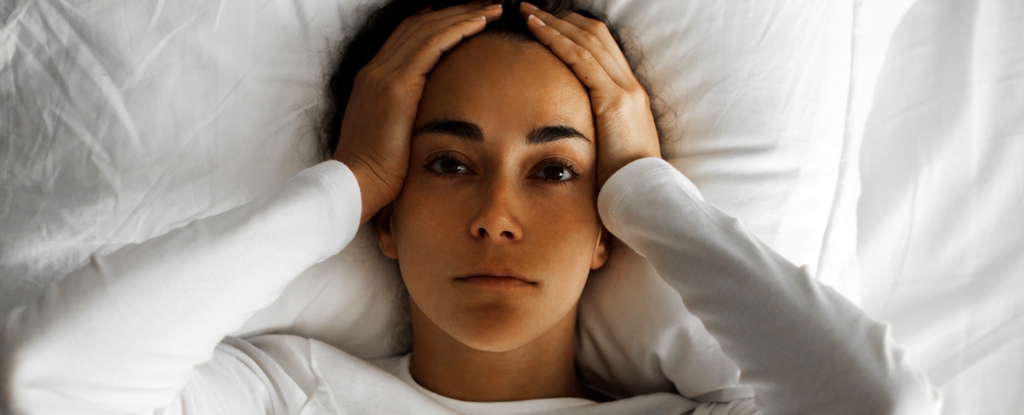
Sleep is essential for overall health, contributing significantly to cardiovascular wellbeing, immune function, and emotional stability. Yet, despite the common goal of achieving a good night’s rest, some widely recommended sleep hygiene practices may actually worsen insomnia for those affected. According to sleep therapist Kirsty Vant from the Royal Holloway University of London, it is crucial to recognize that not every sleep tip is beneficial for everyone, especially individuals struggling with insomnia.
Common Sleep Tips That May Backfire
Many people are advised to adopt “sleep hygiene” practices, which include maintaining a consistent bedtime, avoiding screens before sleeping, and minimizing caffeine intake. While these strategies can aid healthy sleepers, they can inadvertently reinforce sleeplessness in those dealing with insomnia. Here are five common recommendations that may do more harm than good.
1. **Spending More Time in Bed**
When sleep eludes them, many individuals attempt to extend their time in bed, hoping to “catch up” on rest. This approach often backfires, as increased time awake in bed weakens the mental association between the bed and sleep, replacing it with frustration. Instead, Vant suggests restricting time in bed by going to sleep slightly later while maintaining a consistent wake-up time. This adjustment can strengthen the body’s natural drive to sleep.
2. **Strictly Avoiding Screens**
It’s common to hear that screens should be avoided before bedtime due to the blue light they emit, which can suppress melatonin production. However, for those with insomnia, the urge to use screens may stem from an inability to sleep. Rather than an outright ban, Vant advises using screens strategically, opting for calming content and utilizing night-mode settings. A soothing podcast or gentle documentary can help distract the mind and facilitate relaxation.
3. **Cutting Out Caffeine Completely**
Caffeine is known to block adenosine, the neurotransmitter responsible for sleepiness. However, individual responses to caffeine vary due to genetic factors. For some, a morning coffee can help shake off sleep inertia. While avoiding caffeine later in the day is often wise for sensitive individuals, eliminating it entirely may not be necessary. Understanding personal tolerance is essential.
4. **Over-Optimizing Sleep**
The burgeoning global sleep economy, valued at over £400 billion, has introduced numerous products aimed at improving sleep quality. However, this obsession can lead to a condition called orthosomnia, characterized by anxiety over achieving perfect sleep. Sleep is an autonomic function that cannot be forced. Vant emphasizes that sometimes, individuals should focus less on perfecting their sleep and allow their bodies to function naturally.
5. **Expecting Consistent Sleep Each Night**
Healthy sleep patterns are not fixed; they adapt to various life circumstances, including stress, health, and age. For instance, parents may experience disrupted sleep due to the needs of their infants. Maintaining flexibility in sleep expectations is vital, as some nights will naturally be better than others. Rigid expectations can lead to additional anxiety and frustration.
Understanding Insomnia and Available Treatments
The belief that sleep is completely within one’s control can be damaging, particularly for those with insomnia. It oversimplifies a complex issue that often requires more than basic sleep hygiene. Cognitive Behavioural Therapy for Insomnia (CBT-I) is widely recognized as the gold standard in psychological interventions for insomnia. Additionally, new medications such as orexin receptor antagonists—including suvorexant, lemborexant, and daridorexant—are available to help individuals fall and stay asleep.
Insomnia is a common condition that is treatable, and it is essential to recognize that struggling with sleep is not a personal failure. With the right approaches and understanding, individuals can find effective solutions to improve their sleep quality.






